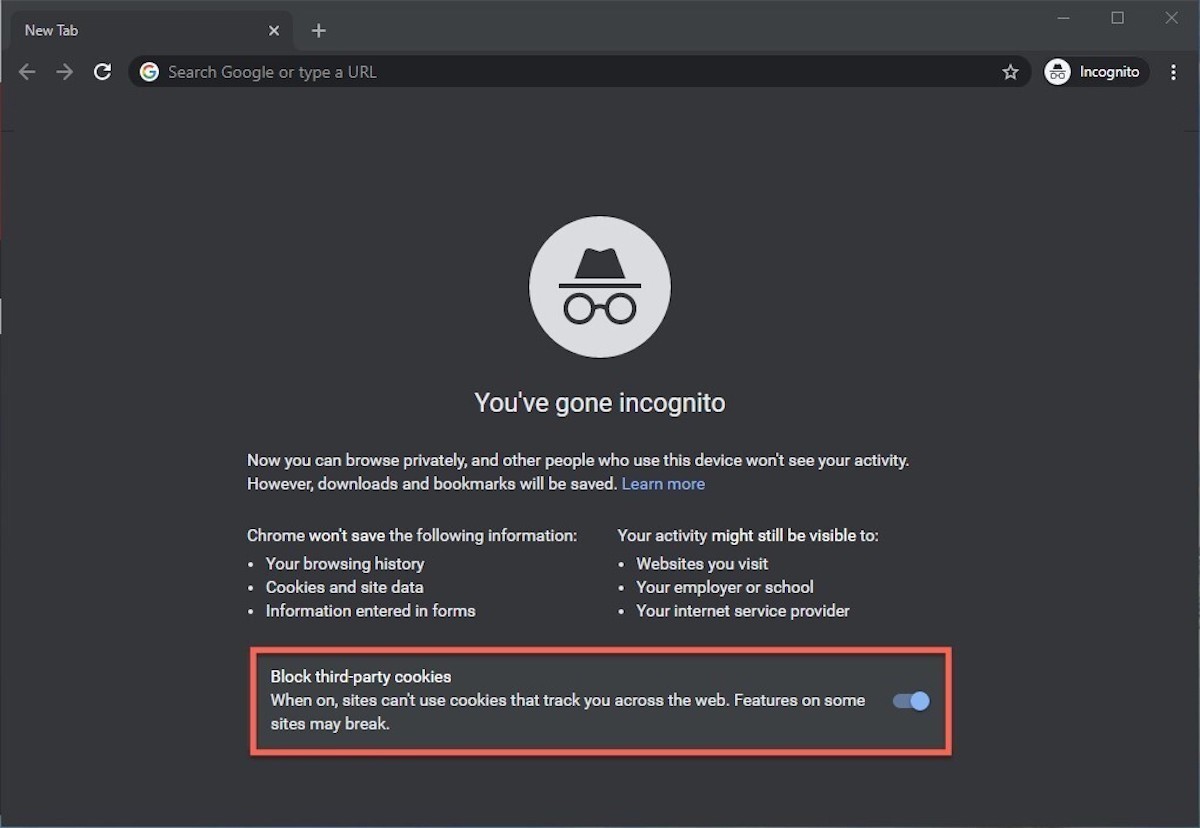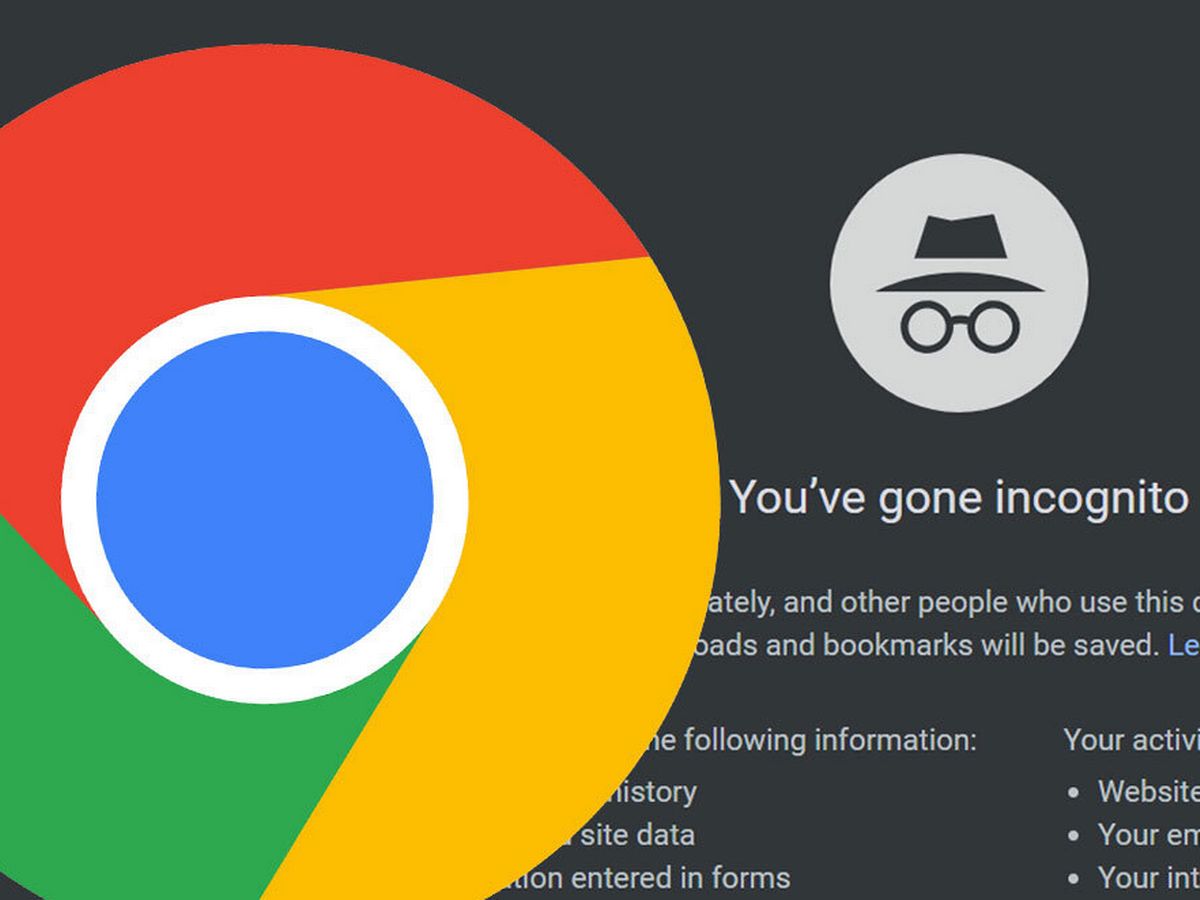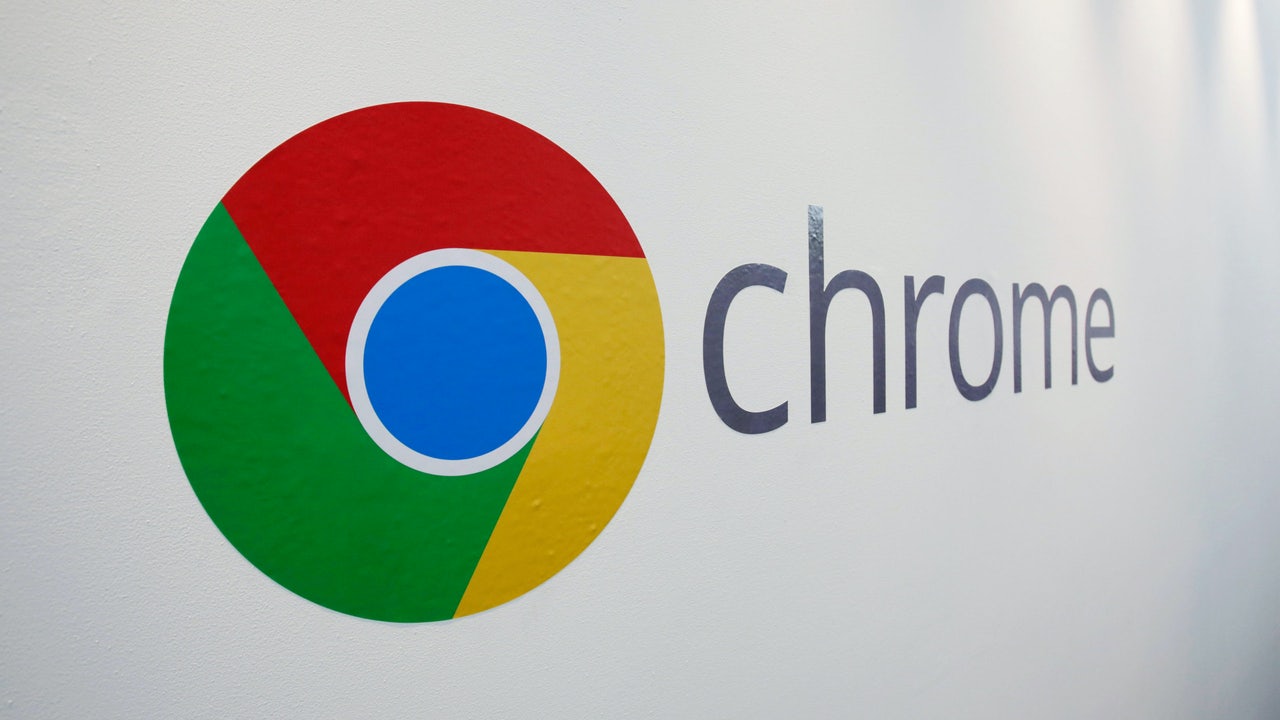A lawsuit filed against Google
A US judge has filed a class action case against Google, resulting in a $5 billion fine. According to the complaint, Google has been monitoring and collecting data. Even though users use the Chrome web browser private ‘Incognito’ mode.
According to Bloomberg, District Judge Lucy Koh of the state of California ruled that Google “did not warn users. It participates in the suspected data collection while the user is in private browsing mode.”
How is user data being collected?

source: computerword.com
Google’s parent firm, Alphabet, are accused of illegally collecting data by Google Analytics, Google Ad Manager, website plug-ins, and other services. According to the case, it also includes smartphone apps, which demand at least $5 billion in damages.
The decision to suing google came when tech companies like Google and Facebook are challenged about how much data they have received from users.
What Google has to say about these allegations?

source: theverge.com
In Google’s eyes, incognito does not indicate invisibility, and Chrome users should be aware of this. According to Bloomberg, a California court has refused to dismiss the civil suitcase. US District Judge Lucy Koh even said, “Google did not warn users that Google participates in the suspected data gathering while the person is in private browsing state.”
In the meantime, on Saturday, March 13, a Google spokesman told the American tech media outlet that the company denies the allegations against them. “We will actively protect ourselves against them,” the official was cited in the news release as saying.
The ‘Incognito’ mode in Google Chrome helps users search the web without their actions being downloaded to their computers or servers. “As we explicitly note every time you open a new incognito tab,” Google reiterated, “websites will be able to capture details about your browsing activities during your session.”
A lawsuit against Google, and how google prevents itself!

Chrome users in the United States lodged a formal lawsuit in June of last year, charging that the firm runs a “widespread data monitoring business.” In their case, they argued that “Even though users take care to protect their personal details, monitoring continues.
Incognito mode in Chrome and private surfing in Safari and other sites are examples.” Google, for one, has already stated that third-party cookies will be phased out of the Chrome browser.
The organization announced earlier this month that after third-party cookies are rolled out of its networks. It can no longer create or use alternative markers to track individuals as they browse the internet. The year before, Google Chrome revealed that it would stop supporting third-party cookies.
Why Google has stopped using third-party cookies?
Apple Safari and Mozilla Firefox have disabled third-party cookies, and Google plans to do that in Chrome. Advertisers will watch you as you navigate through different websites, thanks to cookies.
It remains uncertain if the case is viable, let alone whether any substantive improvements or payments will occur. Compelling class cases usually result in charges that are a percentage of the amount of money lost by consumers.
Effect on users because of this lawsuit

source: gizmodo.com.au
Audiences very well know the shortcomings of Incognito mode. It is intended to keep websites out of your regional browsing history and cookies, not to prevent all possibly identifiable traffic.
However, it is unclear if the general public is mindful of Incognito’s actual actions. The litigation could compel Google to be more transparent about what data it collects or what it does not.
The lawsuit further criticizes businesses who bury critical facts in their terms of operation. Few people are reading agreements from beginning to end, which may trigger personal information at risk. Also you can get more ideas at Live Enhanced.



